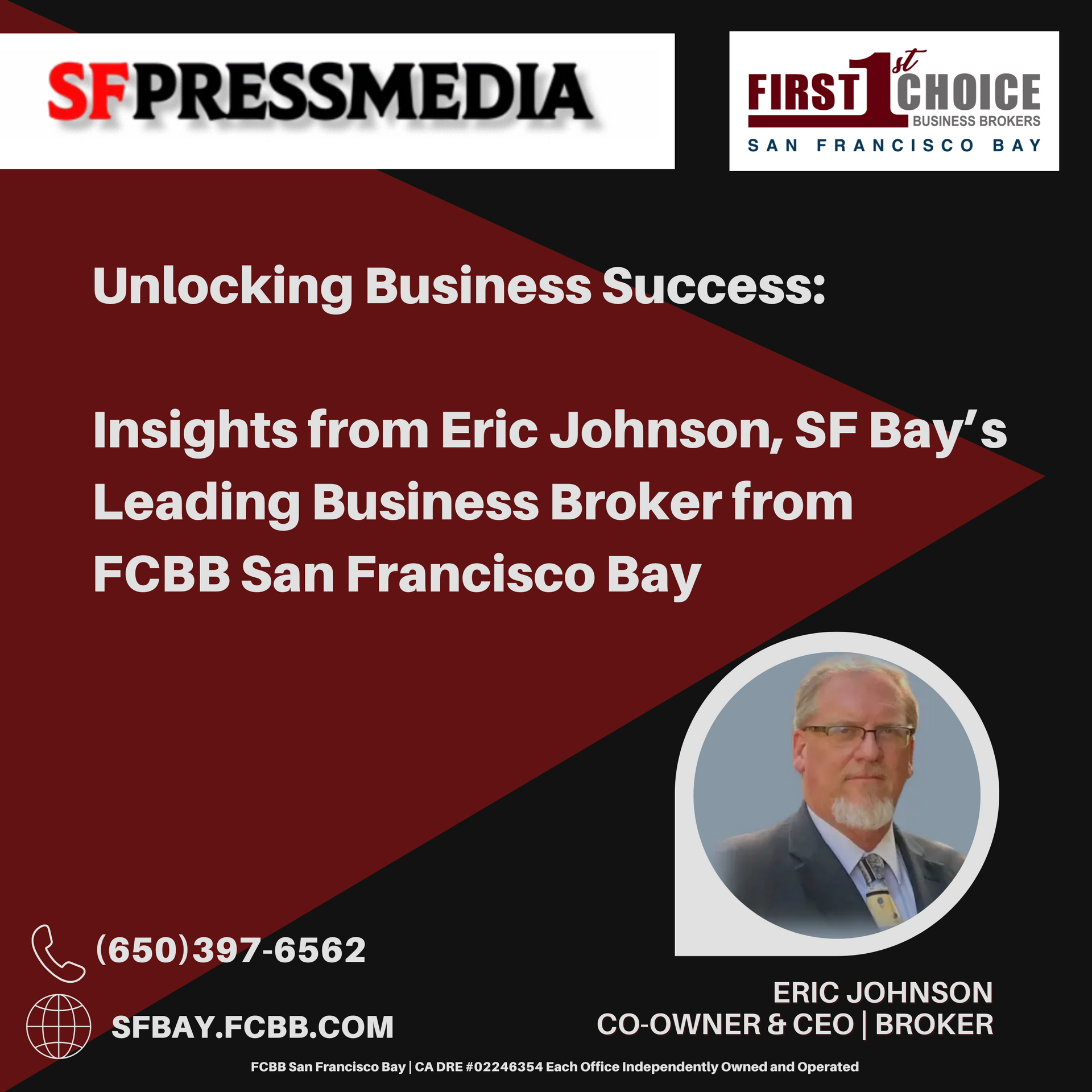Preparing For PPP Loan Forgiveness
Now that you have your PPP loan it's time to look at preparing for your "loan forgiveness".
Some may think of their PPP loan as "free money" however there are guidelines that must be followed in order to receive full loan forgiveness.
On May 15, the SBA released the loan forgiveness application, which left banks and small business owners confused. A week later the SBA prepared additional comments for release in an attempt to provide additional guidance however there were still many unanswered questions for some borrowers. With over $511 billion out in PPP loans and 79% of those being loans under $100,000 there are bound to be a lot of questions for hard working American's trying to keep their small businesses open.
We really appreciated Kyle Westaway's summary of the latest guidance on PPP loan forgiveness and think you will as well. This article provides information on what the bank will review in a forgiveness application and the timeline for the lender's decision on your forgiveness.
One question that has come up time and time again, is what costs are eligible for forgiveness? Below are eligibility guidelines directly from the SBA forgiveness application.
Summary of Costs Eligible for Forgiveness: Borrowers are eligible for loan forgiveness for the following costs:
1. Eligible payroll costs. Borrowers are generally eligible for forgiveness for the payroll costs paid and payroll costs incurred during the eight-week (56-day) Covered Period (or Alternative Payroll Covered Period) (“payroll costs”). Payroll costs are considered paid on the day that paychecks are distributed or the Borrower originates an ACH credit transaction. Payroll costs are considered incurred on the day that the employee’s pay is earned. Payroll costs incurred but not paid during the Borrower’s last pay period of the Covered Period (or Alternative Payroll Covered Period) are eligible for forgiveness if paid on or before the next regular payroll date. Otherwise, payroll costs must be paid during the Covered Period (or Alternative Payroll Covered Period). For each individual employee, the total amount of cash compensation eligible for forgiveness may not exceed an annual salary of $100,000, as prorated for the covered period. Count payroll costs that were both paid and incurred only once. For information on what qualifies as payroll costs, see Interim Final Rule on Paycheck Protection Program posted on April 2, 2020 (85 FR 20811).
2. Eligible nonpayroll costs. Nonpayroll costs eligible for forgiveness consist of: (a) covered mortgage obligations: payments of interest (not including any prepayment or payment of principal) on any business mortgage obligation on real or personal property incurred before February 15, 2020 (“business mortgage interest payments”); (b) covered rent obligations: business rent or lease payments pursuant to lease agreements for real or personal property in force before February 15, 2020 (“business rent or lease payments”); and (c) covered utility payments: business payments for a service for the distribution of electricity, gas, water, transportation, telephone, or internet access for which service began before February 15, 2020 (“business utility payments”). An eligible nonpayroll cost must be paid during the Covered Period or incurred during the Covered Period and paid on or before the next regular billing date, even if the billing date is after the Covered Period. Eligible nonpayroll costs cannot exceed 25% of the total forgiveness amount. Count nonpayroll costs that were both paid and incurred only once. The amount of loan forgiveness the Borrower applies for may be subject to reductions as explained in PPP Schedule A.
Recent articles for you







